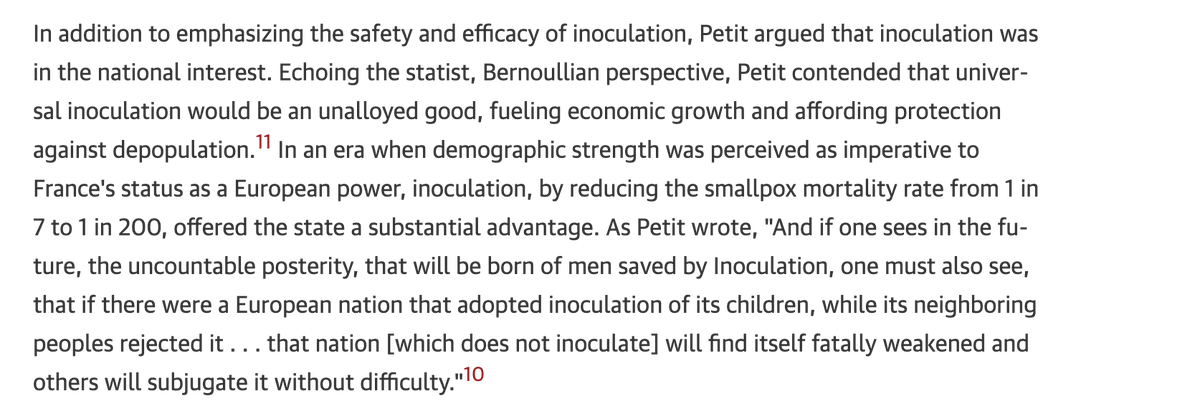
It *is* sublime, in its own way. A work of art. There's something exquisitely French about it, though. It's not fair to suggest this is a foreign import:
https://twitter.com/a_Brit_Euroland/status/1373186548263436288
I made an appointment to get my knee x-rayed and spent about half an hour debating with the receptionist about whether it was my pieds or an image of my knee with pieds-face that was in question. I read exactly what the ordnance said:
But nothing in her rule book had prepared her for the phrase, "pieds-face." I couldn't common-sense her--no matter how I tried. She insisted I needed to book a separate appointment for my pieds.
However: I was able to get an appointment for Tuesday. I could have got it even sooner. And it won't break my budget.
• • •
Missing some Tweet in this thread? You can try to
force a refresh





